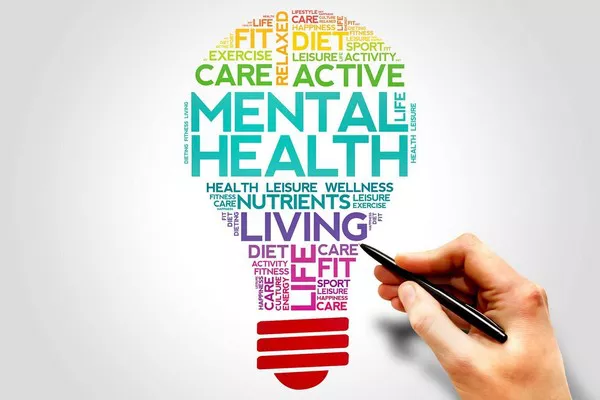In today’s fast-paced world, the prevalence of chronic stress has become a concerning health issue that affects individuals across all walks of life. While stress is a natural response to challenging situations, the persistence of stress over an extended period can lead to a range of negative health impacts. In this article, we will explore the definition of chronic stress, its underlying causes, and delve into the common health consequences it can trigger. By gaining a deeper understanding of chronic stress, individuals can take proactive steps to manage and mitigate its effects on their overall well-being.
Defining Chronic Stress
1. Prolonged Exposure
Chronic stress refers to a state of ongoing psychological and physiological tension caused by a range of stressors. Unlike acute stress, which is short-lived and temporary, chronic stress persists over weeks, months, or even years.
2. Sources of Stressors
Stressors contributing to chronic stress can be diverse, including work-related pressures, financial difficulties, relationship issues, and societal demands.
The Physiology of Chronic Stress
1. The Role of Cortisol
Cortisol, often referred to as the stress hormone, plays a pivotal role in the body’s stress response. Elevated cortisol levels, sustained over time due to chronic stress, can lead to physiological imbalances.
2. Impact on Body Systems
Chronic stress can disrupt the normal functioning of body systems, including the cardiovascular, immune, and digestive systems. The prolonged activation of stress responses can weaken these systems, rendering the body more susceptible to health problems.
Common Health Impacts of Chronic Stress
1. Cardiovascular Health
Chronic stress has been linked to an increased risk of hypertension, heart disease, and stroke. Elevated cortisol levels and heightened sympathetic nervous system activity contribute to these risks.
2. Immune System Suppression
Prolonged stress can suppress immune system function, making individuals more vulnerable to infections and illnesses. Chronic stress has been associated with delayed wound healing and an increased incidence of autoimmune disorders.
Chronic stress is a significant contributor to mental health issues, including anxiety and depression. The persistent activation of the body’s stress response can alter brain chemistry and negatively impact mood regulation.
4. Digestive Disturbances
Stress can disrupt digestive processes and lead to issues such as irritable bowel syndrome (IBS), indigestion, and inflammation in the gastrointestinal tract.
5. Sleep Disruptions
Chronic stress often results in sleep disturbances, making it challenging for individuals to achieve restorative sleep. Insomnia and poor sleep quality further contribute to overall health problems.
Gender and Age Considerations
1. Gender Differences
Research suggests that men and women may experience and respond to chronic stress differently. For instance, women may be more likely to experience chronic stress due to caregiving responsibilities and societal expectations.
2. Lifespan Effects
Chronic stress can impact individuals across the lifespan. Children and adolescents exposed to chronic stress may experience developmental delays, while older adults may face increased risks of cognitive decline and age-related health issues.
Coping Strategies and Management
1. Stress Reduction Techniques
Implementing stress reduction techniques such as mindfulness meditation, deep breathing exercises, and yoga can help individuals manage chronic stress and its effects.
2. Social Support
Maintaining a strong social support network can serve as a buffer against the negative impacts of chronic stress. Connecting with friends, family, or support groups can provide emotional relief.
3. Professional Assistance
For individuals struggling with chronic stress, seeking help from mental health professionals, such as therapists or counselors, can provide effective strategies for coping and resilience building.
The Importance of Self-Care
1. Prioritizing Wellness
Engaging in self-care activities such as regular exercise, balanced nutrition, and sufficient sleep can enhance the body’s resilience against chronic stress.
2. Time Management
Effective time management and setting realistic goals can help reduce the accumulation of stressors that contribute to chronic stress.
Conclusion
In conclusion, chronic stress is a multifaceted phenomenon with far-reaching implications for physical, mental, and emotional health. By understanding the definition of chronic stress, its underlying causes, and the common health impacts it can trigger, individuals can take proactive steps to mitigate its effects. Through stress reduction techniques, social support, professional assistance, and prioritizing self-care, individuals can better manage chronic stress and cultivate overall well-being. As the impact of chronic stress continues to be recognized, a collective effort to raise awareness and promote stress management strategies is essential for fostering a healthier and more resilient society.


